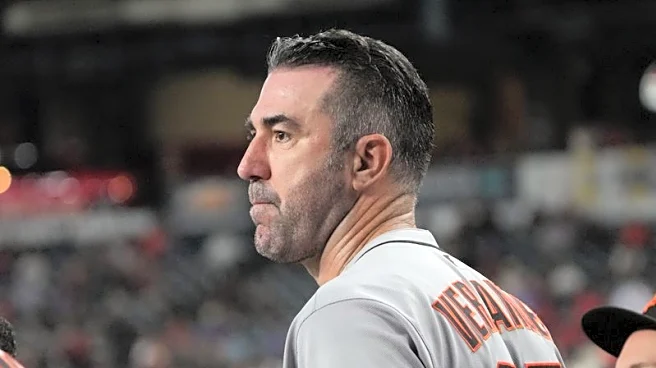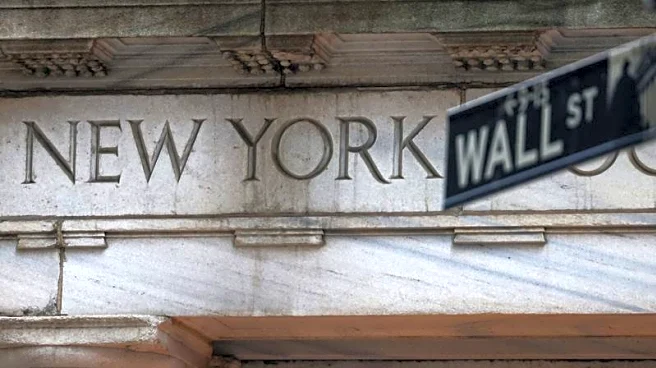Rapid Read • 7 min read
The Federal Reserve's recent decision to maintain steady interest rates has come under scrutiny following a disappointing jobs report. On Wednesday, Fed Chair Jerome Powell announced the continuation of the current interest rate policy, citing a 'solid' labor market. However, the Labor Department's report on Friday revealed that only 73,000 jobs were added in July, significantly below the necessary threshold to match population growth. The unemployment rate also increased slightly to 4.2%. Additionally, job growth figures for the previous two months were revised downward, indicating a weaker labor market than previously thought. This has led to internal dissent within the Fed, with Governor Christopher Waller and Vice Chair for Supervision Michelle Bowman voting against the decision, marking a rare occurrence of multiple dissenting votes since 1993.
AD
The Federal Reserve's decision to hold interest rates steady is crucial as it impacts economic growth and inflation. The weak job growth figures suggest potential vulnerabilities in the labor market, which could affect consumer spending and economic stability. The dissent within the Fed highlights differing views on the economic outlook and the appropriate monetary policy response. If the labor market continues to weaken, it could pressure the Fed to reconsider its stance on interest rates to stimulate job creation. The decision also reflects the Fed's dual mandate to manage inflation and employment, balancing the risks of inflation against the need for economic growth.
The Federal Reserve may face increased pressure to adjust its interest rate policy if job growth remains sluggish. Future economic data releases will be closely monitored to assess the labor market's health and guide potential policy changes. The Fed's next steps could include rate cuts to encourage borrowing and investment, aiming to boost employment. Stakeholders, including businesses and policymakers, will likely advocate for measures that support economic recovery and job creation. The Fed's ability to navigate these challenges will be critical in maintaining economic stability and confidence.
AD
More Stories You Might Enjoy











